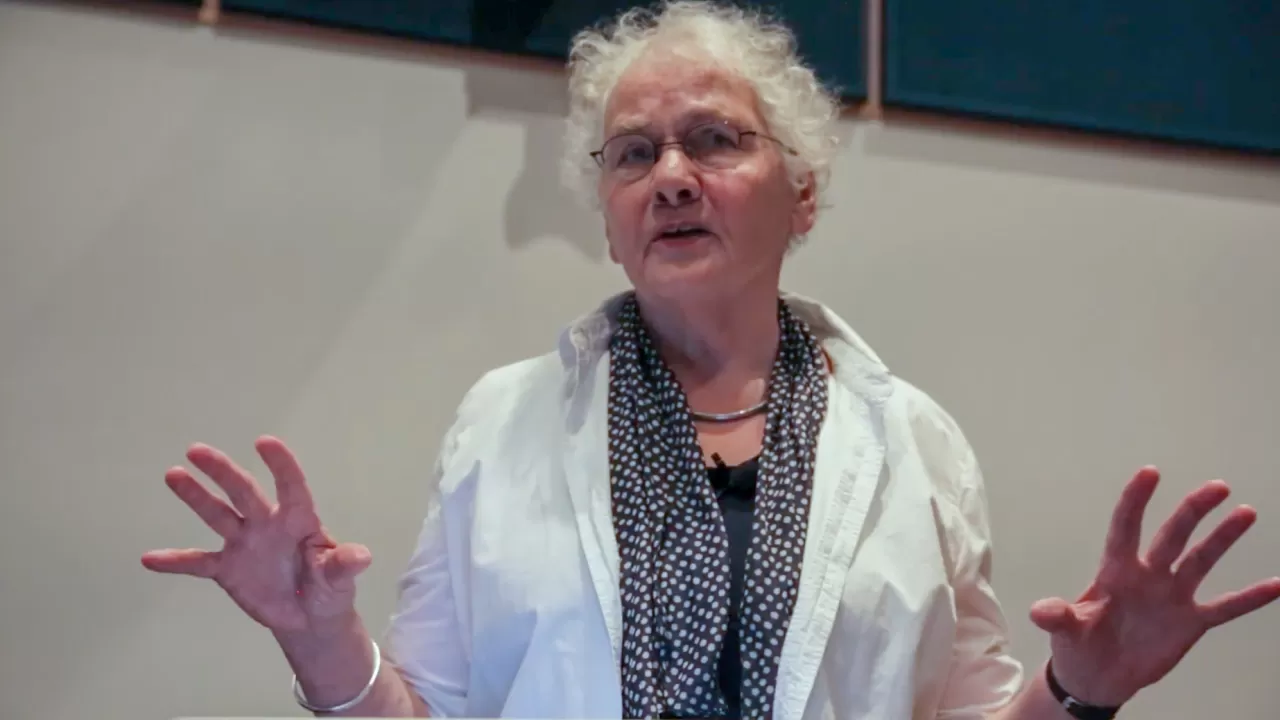#3 Christiane Nüsslein-Volhard

When the Nobel Prize in Physiology or Medicine was awarded to Christiane Nüsslein-Volhard in 1995, it caused a minor sensation. Only a handful of women had been recognized by the Nobel Committee at that time—a situation that has been slow to change since. Nüsslein-Volhard, a German developmental biologist who had been working as director of the Max Planck Institute for Developmental Biology in Tübingen since 1985, was therefore not only a pioneer in her field but also, as a woman working in fundamental research, a role model for the next generation of female scientists. Decades later, she would remember vividly just how hard she had to fight for equality and recognition while completing her PhD in Tübingen because people believed she was less capable than her male colleagues.
She received the Nobel Prize for her systematic genetic analysis of the fruit fly (Drosophilidae), through which she was able to demonstrate that there are parallels in embryonic development between insects and vertebrates. After decades of stagnation in this area, she was the first researcher to show the morphogenetic processes in genes and their influence on the formation and coloring of physical organisms. Her lifetime research goal was to identify the genes responsible for phenotypic variation in the evolutionary process.
That is precisely what she talks about in this recorded lecture given on July 30, 2018, at the Okinawa Institute of Science and Technology in Japan. She discusses the fundamental questions of modern developmental biology: the role of genes in forming patterns, complexity, and diversity. In her lecture, which starts at the five-minute mark and lasts just under an hour, Nüsslein-Volhard looks back over her own research career, which reflects the almost universal themes of modern genetics. It seems genetics is a discipline that poses similar questions to those asked in many of the social sciences and humanities: questions concerning how the part relates to the whole, the functions of norms and deviations, and the causes of diversity, beauty, and variation. In her trademark scientific and objective style, Nüsslein-Volhard reveals curiosity as the key driving force behind every scientific finding—and something that we might call a transdisciplinary search for the origins of our world.
Peter-André Alt
Date July 30, 2018
Length 77 mins
Title, series Animal Beauty: Function and Evolution of Biological Aesthetics, OIST Presidential Lecture Series #2
Language English
Video Okinawa Institute of Science and Technology (OIST)